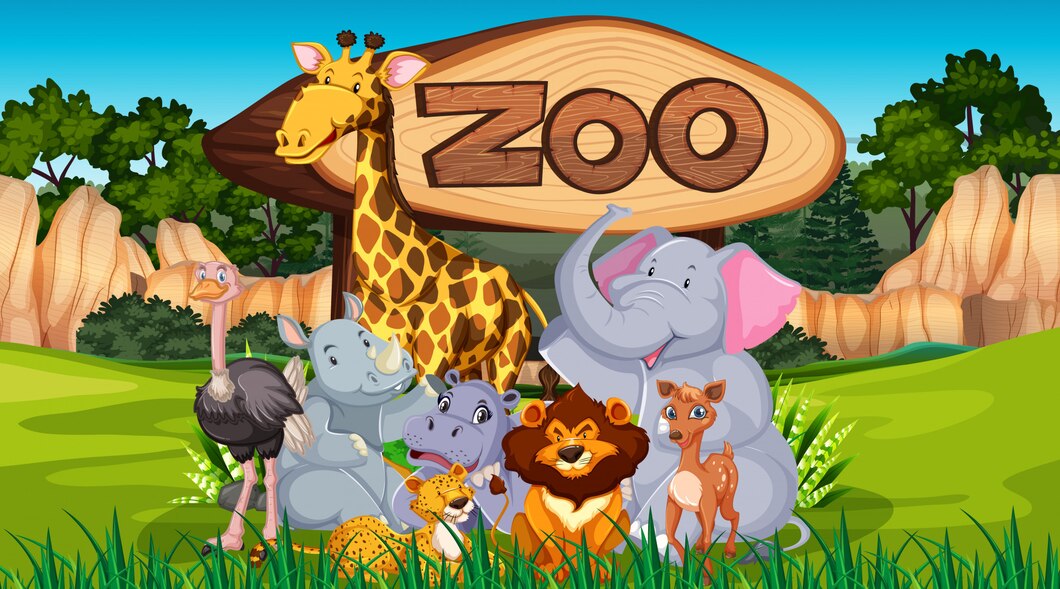Introduction
In the vast tapestry of culture and language, certain words and phrases stand out due to their uniqueness and the depth of meaning they can convey. One such term is “zooskooñ,” a word that beckons curiosity and invites exploration. Although it may not be widely recognized, the concept encapsulated by “zooskooñ” can serve as a lens through which we can examine various facets of human experience, including nature, culture, and community. In this article, we will delve into the etymology of the word, its possible meanings, and its implications in contemporary society.
Etymology and Definitions
While “zooskooñ” may appear to be a whimsical creation, it is crucial to establish its linguistic roots. The word can be broken down into two components: “zoo” and “skooñ.”
- Zoo: Derived from the Greek word “zoion,” meaning “animal,” this prefix often relates to institutions where animals are kept for public viewing, study, and conservation. Zoos play a vital role in education, entertainment, and species preservation.
- Skooñ: This part of the word remains more elusive. It could represent a phonetic twist on “scoon,” which in some cultures implies a sense of community or togetherness, or it may evoke feelings of warmth and familiarity.
Combining these elements, “zooskooñ” might symbolize a space where both animals and humans coexist in harmony, fostering a sense of community, learning, and appreciation for the natural world.
Cultural Context
The Role of Zoos in Society
Zoos have long served as institutions for conservation and education. As humanity’s understanding of biodiversity has evolved, so too has the mission of zoos. Modern zoos are no longer merely places of entertainment; they are increasingly focused on conservation efforts, animal welfare, and educating the public about ecological responsibility.
Conservation Efforts
Many zoos participate in global conservation programs aimed at protecting endangered species. Organizations such as the World Association of Zoos and Aquariums (WAZA) coordinate efforts to ensure that zoos contribute to breeding programs and habitat preservation. The concept of “zooskooñ” fits seamlessly into this framework, representing not just the animals in captivity but the collaborative efforts to protect their wild counterparts.
Educational Impact
Education is another critical aspect of modern zoos. They provide invaluable opportunities for people of all ages to learn about wildlife and environmental stewardship. Interactive exhibits, guided tours, and educational programs engage visitors, fostering a deeper understanding of the animal kingdom and the challenges it faces. “Zooskooñ” embodies this educational mission, illustrating how shared experiences can create a sense of community focused on learning and growth.
Community and Connection
The term “zooskooñ” also hints at the communal aspects of zoos. Families, friends, and even strangers come together in these spaces, united by their fascination with the animal kingdom. This communal experience fosters connections that can lead to deeper discussions about conservation, ethics, and the human-animal relationship.
Social Gatherings
Zoos often serve as venues for social gatherings, from birthday parties to corporate events. These shared experiences can cultivate a sense of belonging and community. The concept of “zooskooñ” highlights how such gatherings can lead to collaborative efforts in conservation and environmental education, reinforcing the idea that everyone has a role to play in protecting our planet.
The Ethical Considerations of Zoos

Despite the positive aspects associated with zoos, there remains a debate surrounding the ethics of keeping animals in captivity. Critics argue that zoos often fail to provide adequate living conditions for animals, leading to issues related to mental health and well-being.
The Case for Ethical Zoos
Advocates for zoos argue that ethical institutions prioritize animal welfare, providing enriching environments that stimulate natural behaviors. The modern zoo experience often includes spacious enclosures, mental stimulation through interactive activities, and dedicated veterinary care. In this light, “zooskooñ” could symbolize a vision of zoos as sanctuaries for animals, where they are treated with respect and dignity.
The Dilemma of Captivity
Nevertheless, the question remains: Is captivity ever justified? This ethical dilemma is central to discussions about zoos and their role in society. While some species may thrive in a controlled environment, others may suffer from the stress of captivity. “Zooskooñ” encourages dialogue about these issues, prompting visitors and stakeholders to consider the implications of captivity for both animals and the environment.
The Future of Zoos
As we move further into the 21st century, the future of zoos will likely be shaped by advances in technology, changing societal values, and an increasing focus on sustainability.
Technological Innovations
Virtual reality and augmented reality technologies are beginning to transform the zoo experience. These innovations allow visitors to engage with animals in a way that minimizes stress on the animals while maximizing educational impact. Imagine a “zooskooñ” experience where visitors can explore virtual habitats, interact with animals in real-time, and learn about conservation efforts without the need for physical enclosures.
Emphasis on Sustainability
The global push for sustainability is influencing how zoos operate. Many institutions are adopting green practices, such as renewable energy, waste reduction, and habitat restoration. This commitment to sustainability aligns well with the concept of “zooskooñ,” as it emphasizes a holistic approach to conservation that benefits both animals and their ecosystems.
Expanding Roles
The role of zoos is likely to expand beyond education and conservation. As centers of community engagement, they can serve as platforms for discussing pressing environmental issues, fostering activism, and building coalitions for change. This evolution aligns with the essence of “zooskooñ,” which promotes collaboration and collective action in addressing the challenges facing our planet.
Conclusion
The term “zooskooñ,” while whimsical and perhaps unconventional, encapsulates a rich tapestry of meanings and implications. It invites us to consider the roles of zoos as places of learning, conservation, and community. As we navigate the complexities of the human-animal relationship and confront ethical dilemmas, “zooskooñ” serves as a reminder of the potential for connection and collaboration in fostering a more harmonious existence between humanity and the natural world.













